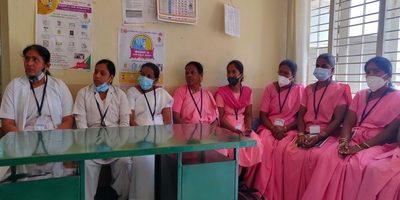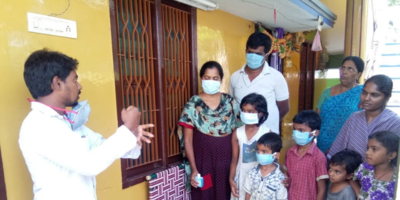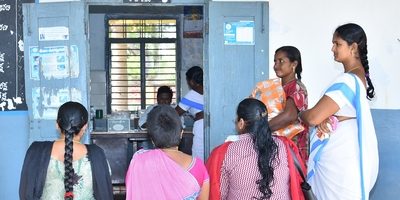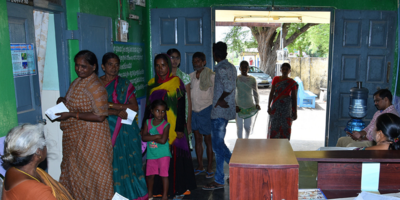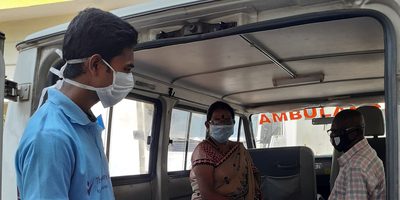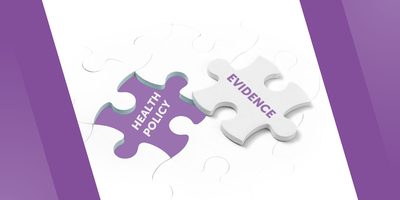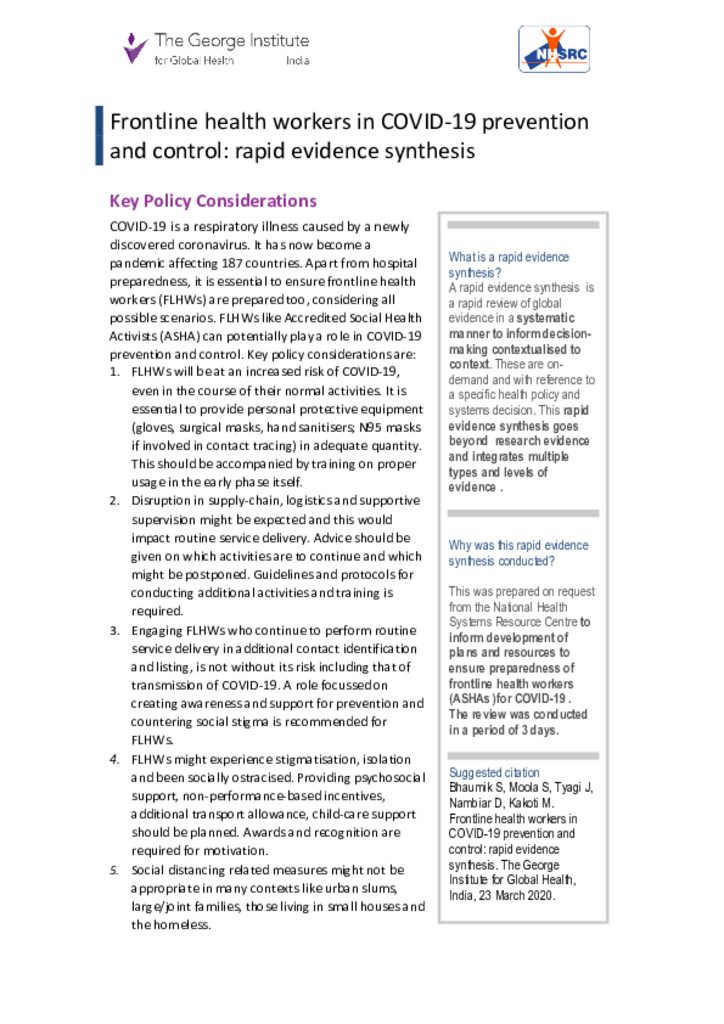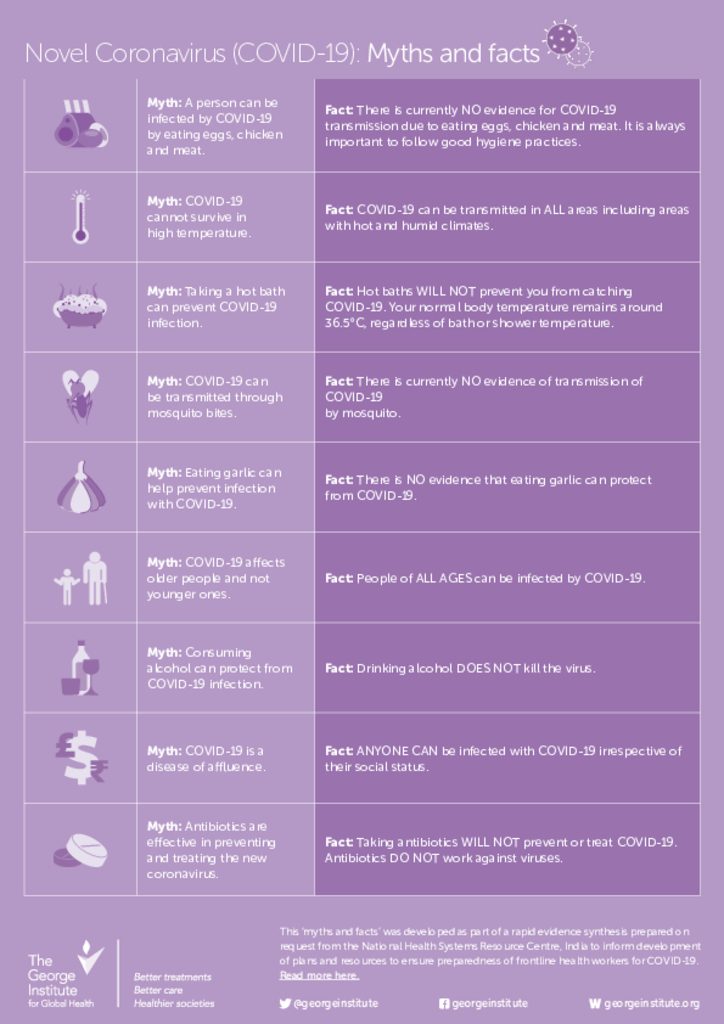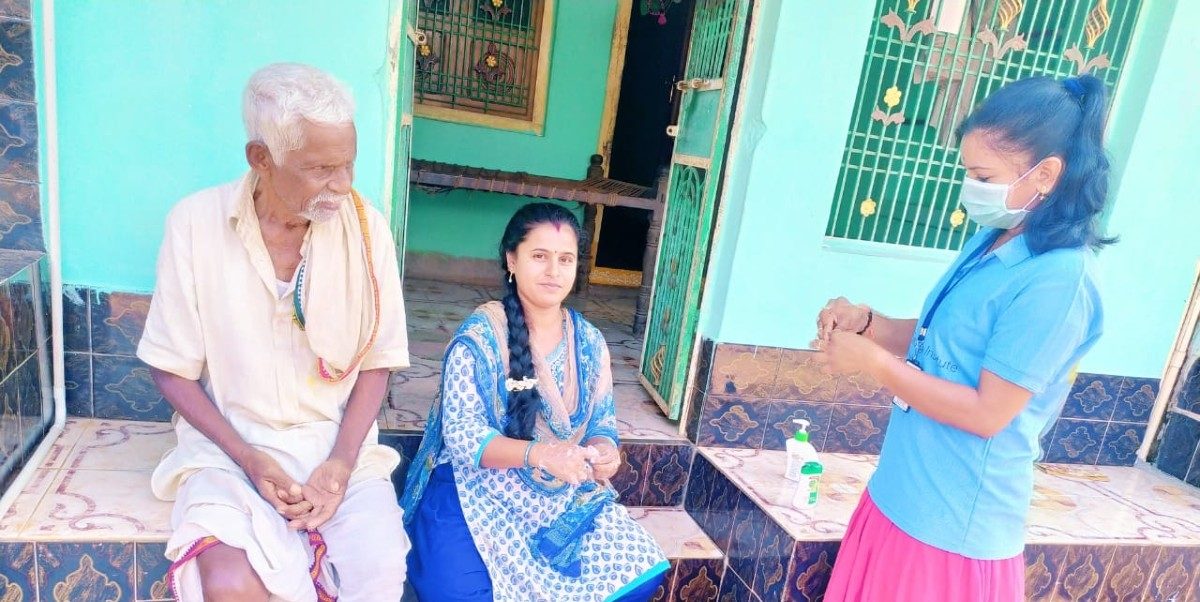
Frontline health workers at increased risk of COVID-19 and stigmatisation
NEW DELHI, MARCH 26. Front Line Health Workers (FLHW) will be at an increased risk of COVID-19, even in the course of their normal activities. Therefore, it is essential to provide personal protective equipment (gloves, surgical masks, hand sanitisers; N95 masks if involved in contact tracing) in adequate quantities. This should be accompanied by training on proper usage in the early phase itself.
This is the key finding and recommendation of the rapid evidence synthesis carried out by a team of researchers at the George Institute India to support the planning and development of resources for ensuring preparedness of FLHWs for COVID-19. The rapid evidence synthesis was conducted in a period of three days.
COVID-19 is a respiratory illness caused by a newly discovered coronavirus and was first reported in Wuhan, China in December 2019. Subsequently it has spread to 187 countries and territories with more than 294,110 cases and 12,944 deaths globally. The current focus in India is on suppressing the infection and preventing its spread. Frontline health workers (FLHWs) are likely to be central in identifying new cases in the communities as well as providing care to those who present to the hospital with infection. Providing appropriate protection to them is essential both for their health and preserving response capacity.
Governments across the world are working tirelessly to prevent COVID-19 spread among communities. The Rapid Evidence Synthesis (RES) team received a request from the National Health Systems Resource Centre (NHSRC) to throw light on how to be better prepared for COVID-19 and support development of resources for FLHWs. The team looked at global evidence from recent pandemics to understand issues and challenges for FLHWs during COVID-19. This was done in a short duration of 3 days.
“Our synthesis provides information on learnings which the government needs to use to be better prepared. This ensures we are not reactive and can focus our energies on COVID-19 instead of trying to protect and retain FLHWs in the midst of a potentially long drawn war.”, says Dr Soumyadeep Bhaumik, The George Institute for Global Health, India and the lead for this research.
The report points out that engaging FLHWs who continue to perform routine service delivery in identification and listing of COVID-19 patients, is not without its risk including that of transmission of COVID-19.
FLHWs will experience stigmatisation, isolation and been socially ostracised. Providing psychosocial support, non-performance-based incentives, additional transport allowance, child-care support should be planned. Awards and recognition are required for motivation. Without an active and motivated health workforce, it is difficult to tackle COVID-19. “A role focussed on creating awareness and support for prevention and countering social stigma is better suited for FLHWs” adds Dr Jyoti Tyagi another member of the research team.
“It will not be business as usual”, emphasises Dr Soumyadeep. There will be disruption in supply-chain, logistics and supportive supervision and this would impact routine service delivery of FLHWs. It is important to plan which activities are essential and thus to be continued and which might be postponed.
The rapid evidence synthesis went beyond research evidence and integrates multiple types and levels of evidence from across the world. The inventories provided serves as a ready resource guide for any country considering the use of FLHWs to control COVID-19.





